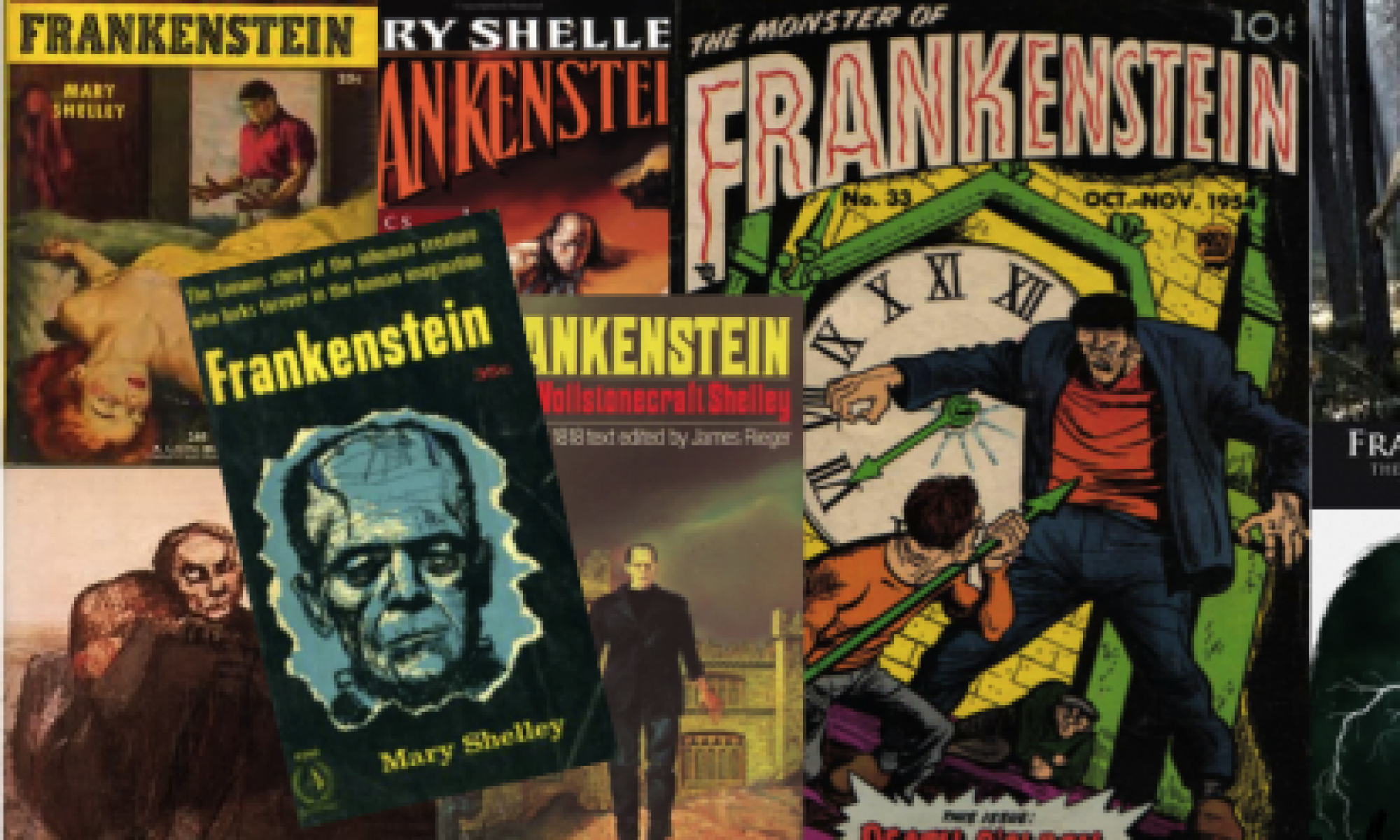In Robinson Crusoeby Daniel Defoe, a prominent theme of wealth and materialism becomes evident through the character of Robinson Crusoe. Materialism, as defined by the Oxford English Dictionary, is “an emphasis on or preference for that which is material, at the expense of spiritual or other values.” Crusoe measures his wealth by the amount of possessions he owns. He does this before, during, and after his time on the island. This material wealth is also a meter for his perceived success and virtue.
Even before being shipwrecked on the island, Crusoe puts a strong emphasis on his material wealth. Early on, when talking about his motivation for disobeying his father, he mentions his father’s belief of wealth and success:
“…Kings have frequently lamented the miserable Consequence of being born to great things, and wish’d they had been placed in the Middle of the two Extremes, between the Mean and the Great… the wise Man gave his Testimony… when he prayed to have neither Poverty or Riches” (3).
Crusoe rebels against this middle-class mindset just as much as he butts up against religion. He leaves his family in pursuit of wealth, just like he seeks adventure.
Furthermore, the perceived success of his adventures relies heavily on the wealth he obtains from his travels. Before being marooned on the island, Crusoe’s ventures in Brazil produce material wealth, which he believes makes him better than those around him:
“I found means to sell them to a very great Advantage; so that I might say, I had more than four times the Value of my first Cargo, and was now infinitely beyond my poor Neighbour” (39).
Once Crusoe is finally stranded on the island, he still holds onto this belief. Ironically, he acknowledges that he no longer needs worldly possessions; however, he makes thirteen trips to the shipwreck in order to retrieve as many objects as he can. Beyond this, he also spends pages describing the objects he makes, while only spending a few words to describe his family. While it can be argued that many of these materials were imperative to his survival, there were others that he had no use for, such as the gold he takes from the ship: “I have no manner of use for thee… However, upon second thoughts, I took it away…” (65).
When faced with the realization that money will do him no good on the island, he condemns this worldly wealth as evil. However, he still risks his life to retrieve it and keeps it for 28 years, even when there is little hope of being rescued so that he could actually use it. This conflict between his new spiritual pursuits and material desires reveals the conflict between the practical and spiritual. Years later, he takes gold from another shipwreck, justifying his actions by saying he will need it when he is rescued.
Crusoe’s materialism is not just limited to inanimate objects. He reconsiders himself a wealthy king when new people come to his island. Rather than regard them as equals, he considers them his subjects, and him, a ruler over land and people: “My island was now peopled, and I thought myself very rich in subjects… the whole country was my own mere property” (294).
Crusoe views his material wealth not just as a measure of his worldly success but also as a meter of his spiritual goodness. While he rebels against religion for much of his life, he eventually uses his material possessions to justify his favor with God:
“I might well say now indeed, that the latter end of Job was better than the beginning. It is impossible to express here the flutterings of my very heart when I looked over these letters, and especially when I found all my wealth about me; for as the Brazil ships come all in fleets, the same ships which brought my letters brought my goods…” (339).
Perhaps the most consistent characteristic of Crusoe, despite all he experiences, is his obsession with material things. He focuses heavily on his land, money, and possessions before he is stranded on the island, and continues to focus on societal wealth during his 28 years in solitude. Finally, when he finally rejoins civilization, this obsession remains, despite everything else that has changed.
